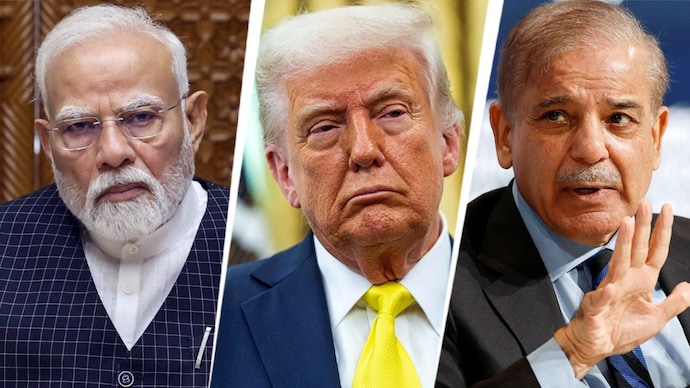The sale of advanced military technology is one of the most sensitive aspects of international relations, particularly when it involves regions of long-standing conflict or internal instability. In the case of Pakistan, a U.S. ally that has had a complicated history with both terrorism and tense relations in the neighbourhood with India, Afghanistan, and Iran, the transfer of American military technology poses significant strategic risks. The United States should exercise caution — or outright refrain — from arming Pakistan with its cutting-edge defense systems.
Since 2001, the United States has provided Pakistan with military technology and equipment valued at approximately $5.4 billion, encompassing both Foreign Military Financing (FMF) and direct sales. From maritime aircrafts and radars to the dangerous F 16 fighter jets, from howitzers, missiles and helicopters the US has been selling all kinds of military tech to Pakistan.
Pakistan has long been considered a semi-rogue state in the global public opinion. Some of the top terrorist organizations and their leaders are openly pictured in Pakistan. Even the dreaded Osama Bin Laden was found hiding in Pakistan. The nation also has a dark history of nuclear proliferation and links to non-state actors, which raises serious concerns about the security of any sensitive military technology provided by the U.S.
In the past, individuals like A.Q. Khan facilitated the spread of nuclear technology to countries like North Korea and Iran. The fear is that advanced U.S. military hardware could similarly fall into the wrong hands, whether through espionage, theft, or unauthorized transfer.
Threat to U.S. Regional Allies
India, over the years has become a key strategic partner of the United States in the Indo-Pacific region, and it remains locked in a decades-long border and political conflict with Pakistan. Selling military technology to Pakistan could destabilize the region further by triggering an arms race or creating friction between the U.S. and India. At a time when the U.S. seeks to strengthen the Quad alliance and balance China’s influence, alienating India could backfire diplomatically.
Moreover, Pakistan has experienced multiple military coups, and the military establishment continues to wield considerable power over its civilian government. Providing advanced weapons to a military institution that frequently operates autonomously could embolden it further, making democratic reform more difficult and potentially escalating military confrontations, both domestically and abroad.
Historical Issues with U.S. Weapons Use
There are precedents of U.S.-supplied weapons being misused in Pakistan. During counter-insurgency campaigns, such weapons have reportedly been used in ways that raised human rights concerns, especially in restive regions like Balochistan and the tribal areas. This could reflect poorly on the U.S., damaging its international image and inviting legal or diplomatic scrutiny.
Pakistan’s growing ties with China — especially in the context of the China-Pakistan Economic Corridor (CPEC) — present another strategic dilemma. Sharing sensitive technology with a nation that is increasingly aligned with a U.S. rival increases the risk of intelligence leakage or reverse-engineering of equipment by third-party nations like China.
While Pakistan may be considered a strategic partner in counterterrorism and regional security, the risks of selling advanced U.S. military technology to it outweigh the potential benefits. Doing so could endanger American interests, compromise allied relationships, and fuel instability in South Asia. A more cautious and conditional engagement, focused on transparency and accountability, should guide any future defense cooperation between the two countries. Washington should keep in mind that its decisions now can rearrange global ties, especially as it angles for stronger relations with New Delhi. The leaning towards Pakistan would only end up destabilizing regional and global geopolitics.








